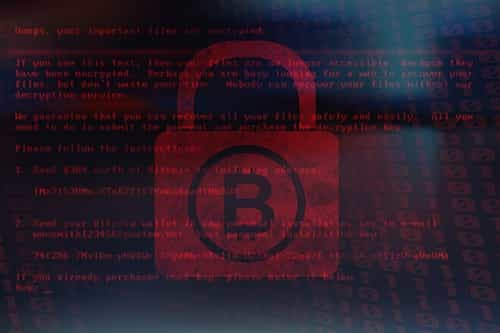Why Governments Are Afraid of Bitcoin
Unregulated, decentralised, with lingering dark web associations and beyond the reach of tax authorities: It’s hardly surprising that many of Bitcoin’s most prominent attributes are giving governments the jitters the world over. In fact, surely there’d be something amiss if this wasn’t the case?
The 2008 crash shook public confidence in the banks and governments that were responsible and for many that trust has never returned. Bitcoin emerged from the ashes of the banking collapse and presented an alternative to what had gone so disastrously wrong before. Here was a new, innovative form of currency that was beyond the inept clutches of our discredited financial institutions.
Unstoppable Force
What will have perhaps most alarmed governments since then is the fact that, nearly ten years on, Bitcoin is still here and going from strength to strength. Though still some way from mass adoption, not a week goes by without new companies and services beginning to accept Bitcoin payments. Like it or not, Bitcoin is here to stay and any hopes that it would disappear as quickly as it arrived have been dashed.
The concerns that authorities have about Bitcoin are all about control. For a start, nobody has yet figured out a way to levy tax on Bitcoin (or any cryptocurrency) transactions or profits made from them. With taxation as the principal source of state revenue, it’s not difficult to understand their position.
The absence of a centralised authority and its distributed ledger (blockchain) network are two of Bitcoin’s principal strengths, resulting in greater security and anonymity for its users. From a government perspective however, this makes it almost impossible to regulate and, for the authorities, regulation equals control equals revenue.
Furthermore, with Bitcoin transactions being conducted on a peer-to-peer basis, there are no central authorities that governments can go after either. Keeping a handle on who is buying what from whom and what profits are being made, the business of regulation and taxation become impossible.
Some Concerns
 This is not to say that many of these governmental concerns are unjustified. Bitcoin’s anonymity offers opportunities for money laundering and other criminal activities which can only have negative implications for the rest of society. This was a central plank of JP Morgan boss Jamie Dimon’s outburst against Bitcoin back in September when he denounced it as ‘a fraud’ and best suited to drug dealers and murderers operating in ‘Venezuela or Ecuador or North Korea or a bunch of parts like that.’
This is not to say that many of these governmental concerns are unjustified. Bitcoin’s anonymity offers opportunities for money laundering and other criminal activities which can only have negative implications for the rest of society. This was a central plank of JP Morgan boss Jamie Dimon’s outburst against Bitcoin back in September when he denounced it as ‘a fraud’ and best suited to drug dealers and murderers operating in ‘Venezuela or Ecuador or North Korea or a bunch of parts like that.’
Whilst Dimon’s comments were in many ways wide of the mark, these references to North Korea and Venezuela are relevant, though in two distinct ways. North Korea and its acquisition of nuclear weapons has been a source of global alarm in recent months and prompted the UN Security Council to unanimously impose tighter sanctions against the regime in September.
With these sanctions deemed the only viable option for hindering the North Korean weapons program, the news that Pyongyang is using Bitcoin to circumvent them is deeply alarming. This follows news from earlier this year that sanctions against Iran are also being violated in this way.
A Lifeline for Some
The case of Venezuela is rather different. With inflation currently running at 2,349% and rising, for many people essential goods and services are almost impossible to come by. Reports of Venezuelans using Bitcoins to buy goods online which are then couriered from abroad are indicative of the way in which the cryptocurrency can act as a lifeline to those who have been failed by their governments and the traditional financial institutions. Unsurprisingly, the Venezuelan government has recently begun cracking down on Bitcoin miners operating in the country.
The use of Bitcoin to circumvent currency controls is becoming more widespread across the globe and once again, it’s easy to see how governments are opposed to this. The threat it poses to their authority, as well as their revenue streams, is hardly one they’re likely to ignore. As with the issue of taxation, it once again all boils down to the issue of control.
Community Regulation
Government opposition to Bitcoin and other cryptocurrencies is a two-headed beast. On the one hand it falls beyond their control and out of the clutches of their exchequers, whilst on the other it reflects genuine concerns about the protection of citizens and investors from criminals and rogue regimes.
So, is the question of government regulation being imposed upon Bitcoin a question of if, or when? The answer, according to cybersecurity expert John McAfee, lies elsewhere. Despite applauding the steps taken by China against ICOs, McAfee believes that regulation can only come from within. ‘We as users and the Bitcoin community have to be self-regulated,’ he said. It’s hard to imagine that coming as music to the ears of those in power.
Disclaimer: These are the writer’s opinions and should not be considered investment advice. Readers should do their own research.
